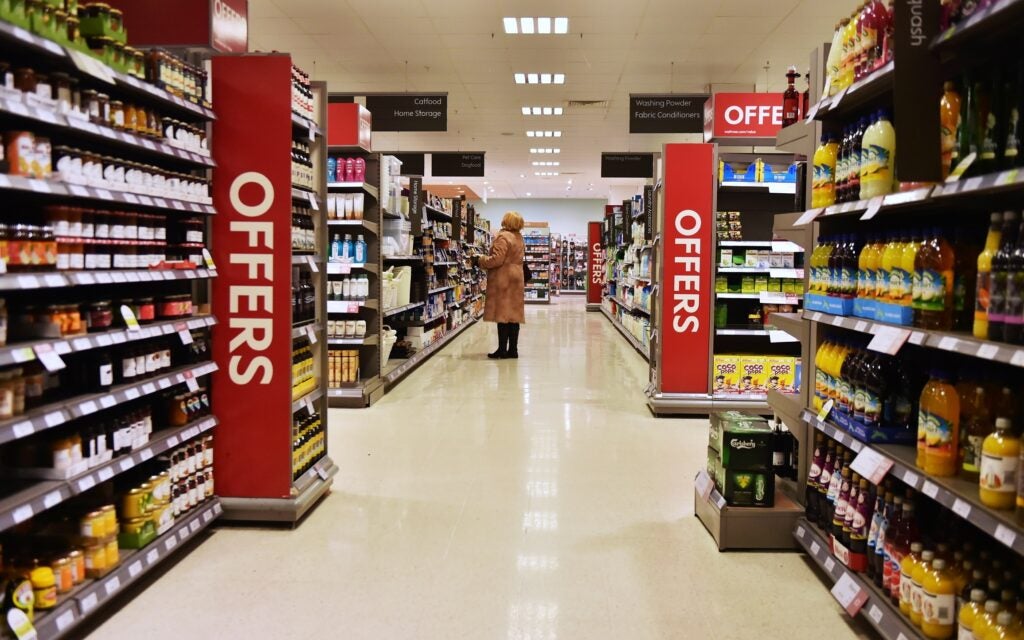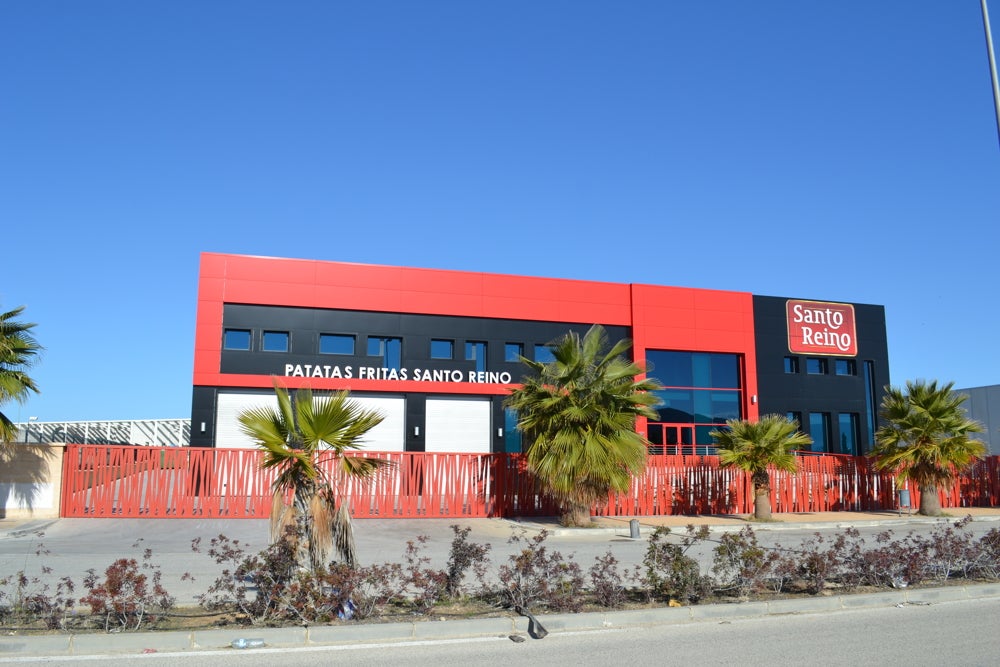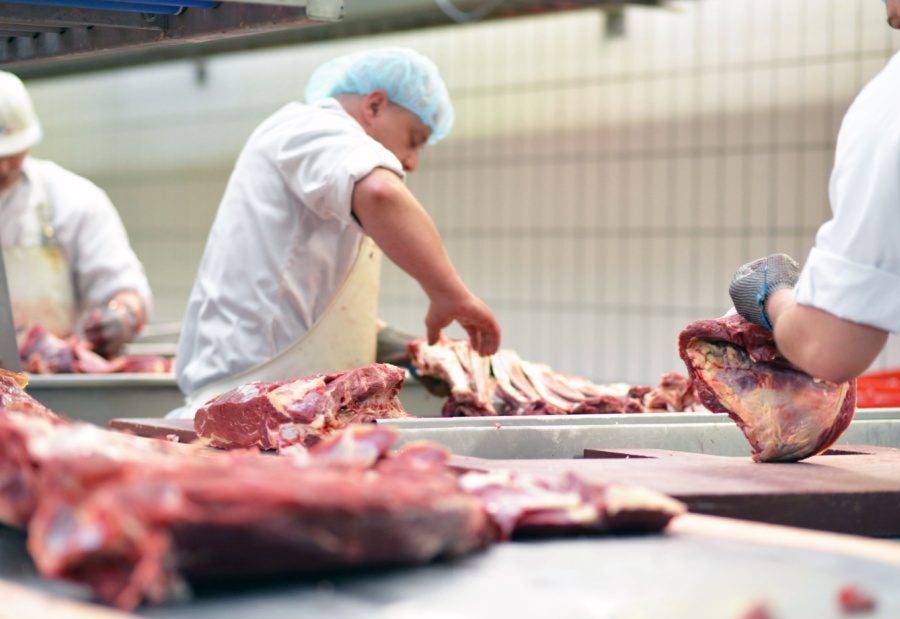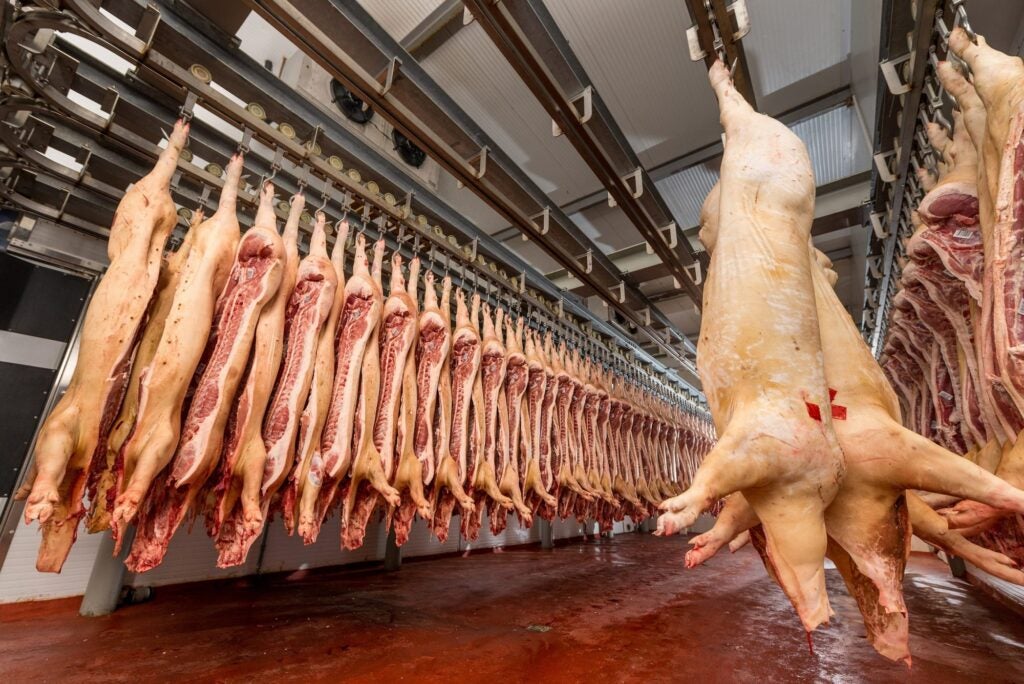The UK government insists it was never mulling the imposition of price caps after a report claimed it had decided against their imposition.
The Daily Telegraph reported last month that the UK government was considering implementing price caps for essential items such as bread and milk.
However, the UK newspaper said yesterday the government had scrapped the idea after opposition from industry.
A source told The Telegraph that officials had reassured retailers that ministers would not interfere with prices and that the “voluntary scheme was now considered unworkable because of the backlash from supermarket bosses.”
In a statement provided to Just Food, the government insisted it “has never been considering imposing price caps.”
A government spokesperson said: “We continue to engage with supermarkets about the best way to support consumers.
“We know the pressure households are under with rising costs and while inflation is coming down, food prices remain stubbornly high.
“We continue to support households through our £94bn ($119.8bn) package, worth £3,300 on average per household this year and last.”
The British Retail Consortium (BRC), the industry representative, said at the time of the initial report the move would not have brought any changes.
Andrew Opie, director of food and sustainability at the BRC, said today he welcomes reports price controls are no longer being considered.
He stated: “High food prices are a direct result of the soaring cost of energy, transport, and labour, as well as higher prices paid to food manufacturers and farmers. Yet despite this, the fiercely competitive grocery market in the UK has helped to keep British food among the most affordable of all the large European economies.
“Supermarkets have always run on very slim margins, especially when compared with other parts of the food supply chain, but profits have fallen significantly in the last year. Even so, retailers continue to invest heavily in lower prices for the future, expanding their affordable food ranges, locking the price of many essentials, and raising pay for staff.
"As commodity prices drop, many of the costs keeping inflation high are now arising from the muddle of new government regulation. Government should focus on cutting red tape so that resources can be directed to keeping prices as low as possible,” he added.
















